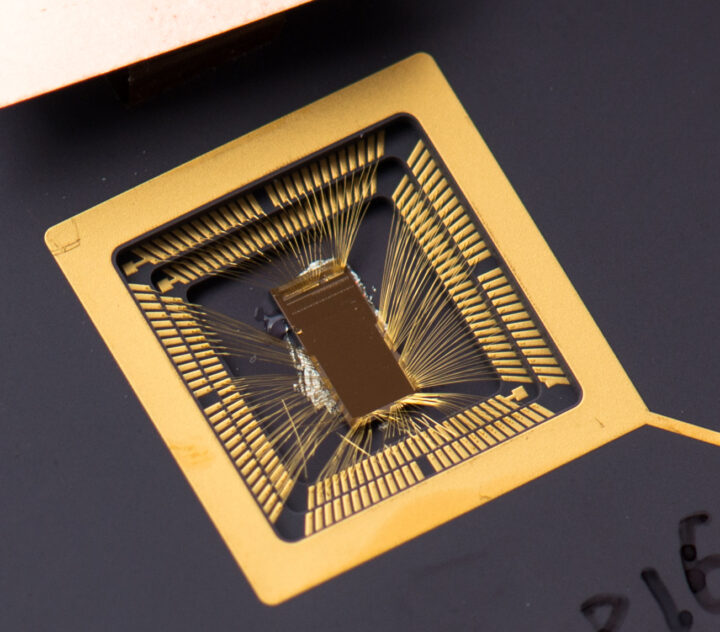Google dropped RISC-V support from the Android’s Generic Kernel Image in recently merged patches. Filed under the name “Remove ACK’s support for riscv64,” the patches with the description “support for risc64 GKI kernels is discontinued” on the AOSP tracker removed RISC-V kernel support, RISC-V kernel build support, and RISC-V emulator support.
In simple terms, the next Android OS implementation that will use the latest GKI release won’t work on devices powered by RISC-V chips. Therefore, companies wanting to compile a RISC-V Android build will have to create and maintain their own branch from the Linux kernel (ACK RISC-V patches).
These abbreviations can be confusing, so let’s focus on them starting with ACK. There’s the official Linux kernel, and Google does not certify Android devices that ship with this mainline Linux kernel. Google only maintains and certifies the ACK (Android Common Kernel), which are downstream branches from the official Linux kernel. One of the main ACK branches is the android-mainline because it is the primary development branch that is forked into the Generic Kernel Branch to correspond to a specific combination of a supported Linux kernel and the Android OS version.
In a nutshell, ACK refers to a Linux core with some patches of interest to the Android community that haven’t been merged to the Mainline or Long Term Supported (LTS) Linux kernels. On the other hand, GKI refers to a kernel built from one of these ACK branches. Every Android device ships to the market while running one of these GKI branches.
Matthias Männich, a senior staff software engineer at Google, uploaded these patches for review on 26th April, and they passed the review process by 1st May, resulting in successful merging on the branches android15-6.6 and android-mainline.

This update might inconvenience chip companies that were planning to launch RISC-V CPUs for Android devices. Qualcomm, for instance, was planning to power the next generation of Wear OS solutions (wearable platforms) using RISC-V CPUs.
However, this merged patch is not permanent. Google hasn’t killed RISC-V support forever. According to a Google spokesperson, the company is not ready to provide a single supported image to all vendors due to the rapid rate of iteration. Therefore, Android will continue to support RISC-V, but not for now, at later at an unknown date.
In the meantime, the RISC-V community has provided a RISC-V boot and runtime services specification to system vendors and operating system vendors to help them interoperate with one another. This specification enables the OS to utilize system management and device discovery when running on a RISC-V chip and could help with OS ports including future Android RISC-V implementations.

Dennis Mwihia is a technical writer specializing in IoT, PCBs, SBCs, and single-board microcontrollers. He has worked with several companies in those areas and has over 5 years of research, writing, and software development experience.
Support CNX Software! Donate via cryptocurrencies, become a Patron on Patreon, or purchase goods on Amazon or Aliexpress





